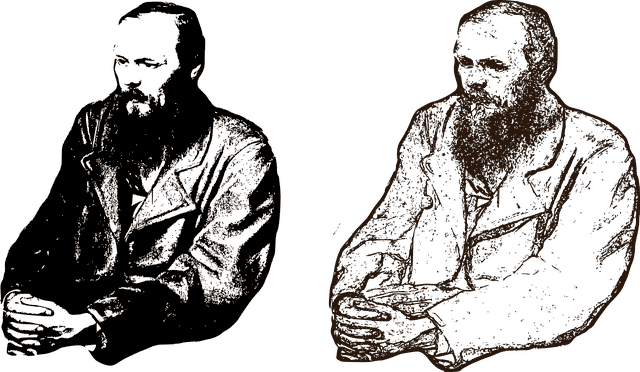
The murder of someone with whom you have a direct blood relationship is known as patricide.
The etymological origin of the term parricide takes us to the Latin language: parricidium . The concept is used to name the crime that a person commits against his mother, father or other relative with whom he has a direct blood relationship , whether descending or ascending.
The most common use of the notion refers to the fact of murdering parents . If a man kills his father, mother, or both, he is said to commit patricide and the murderer is considered a patricide .
For example: "Commotion in the town due to a patricide: a young man murdered his parents after years of physical and psychological abuse" , "After the patricide, the criminal spent thirty years in prison, where he received his law degree" , "No society Sana is willing to tolerate patricide .
Patricide cases
Currently, blood connection is considered an aggravating factor when judging a crime. Parricides, therefore, generally receive a greater penalty than for other types of murders. In the past, however, there were nations that mitigated the punishment of parricides due to the authority and power held by the fathers of the family.
The most frequent cases of patricide occurred in the context of power struggles between monarchs. History has recorded tragic events in which a prince murdered his father (the king) to access the throne.
In Argentina , the most famous patricide is the one committed by the brothers Pablo and Sergio Schoklender . Both young people decided to end their parents' lives in 1981 .

"The Brothers Karamazov" by Fyodor Dostoyevsky revolves around a patricide.
The Karamazov brothers
In 1880, Fyodor Dostoyevsky published his last novel, titled " The Brothers Karamazov ", which has patricide as its central theme. It is a work praised by many authors as a jewel of literature, and in its structure there are elements not very common in the 19th century, which give it a range of techniques that are both admired and criticized.
Among the main characters are:
* Fyodor Pavlovich Karamazov, a 55-year-old man who has been married twice and has three recognized children and, according to rumors, one illegitimate one, who works as a servant for him. Given the lack of interest that Fiódor has always shown in his descendants, they were forced to grow up without a father present and this lack also affects the ties they have between them. It is worth mentioning that the plot pays special attention to the relationship between the father and his older children;
* Dmitri Fyodorovich Karamazov, the son that Fyodor had with his first wife and the one who has inherited the most defects from him, taking into account his hedonism and his weakness for gambling. He has a past in the military and a large number of dishonors, in addition to arguments with his father over love and monetary matters. These last two points place him in the crosshairs of the investigation once the patricide takes place;
* Ivan Fyodorovich Karamazov, the eldest son from Fyodor's second marriage. He is a man of difficult character and marked atheism and rationalism, who is not very close to his environment. He feels a deep hatred for his father , which weighs on him after the murder and affects his mental stability;
* Aleksei Fyodorovich Karamazov, the youngest of the three recognized brothers, son of Fyodor and his second wife. The novel begins by describing him as the hero of the story . He is a religious man and his beliefs oppose him to Ivan. He lives in a monastery, where there is also Zosimus, a monk whom Alexei sees as the father figure he did not find in Fyodor.
As can be seen just in the presentations of these four characters, the story enjoys great richness, something that is not surprising considering that it belongs to Dostoyevsky's legacy. Numerous plots and tensions come together around patricide, making this novel a unique and masterful work.
